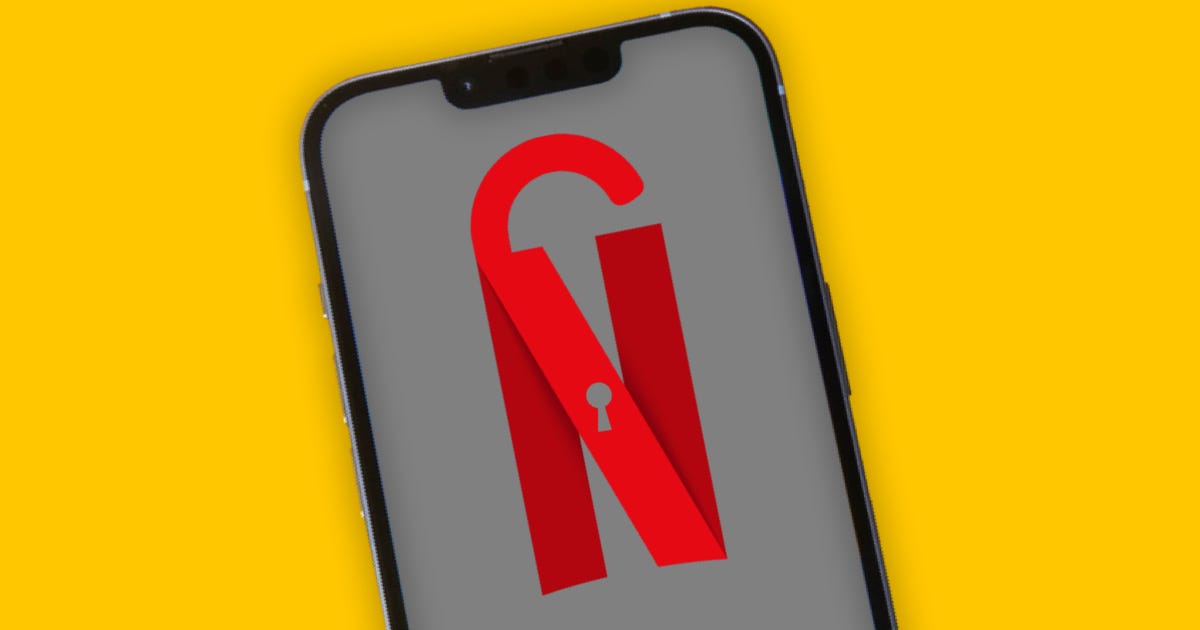
Your mom lives in Ohio. You live in New York but you share a Netflix account. The same is true for the family whose kids are in college and for the couple living apart while one’s stationed on a military base overseas.
I see your stories. I feel you. I’ve been in the same boat.
People are not happy about Netflix’s move to start charging members extra fees to share accounts. The company’s been called out for a 5-year-old tweet: “Love is sharing a password.”
Even the card game Uno joined the Twitter roast to point out the about-face. Swarms of vocal Netflix subscribers are venting on social media — Netflix’s comment sections are really feeling the burn — and vowing to cancel their accounts and questioning why they’re paying for multiple screens.
Netflix has dubbed viewers outside of the primary household as extra members, or subaccounts. In Canada, where the prices are $16.50 for a standard plan and $21 for premium, the cost of adding an extra member is $8 per person. If a single streaming service costing $30 a month to stream on two or four screens sounds like a lot to you, I agree.
In the US, we still don’t know how much it’ll cost each month for extra members. When Netflix finally decides to tell us, I think it should also announce a couple of smart discounts.
Netflix needs a cheaper plan for students
Among those who are unhappy about the new policy are parents and their college kids. If Netflix insists on charging for password sharing, I think it should offer a no-frills student subscription.
College kids love to stream, and they’re often doing it on their parents’ accounts. Not as freeloaders, but as members of the household — even if their school is five states away. When we drop our 17- or 18-year-olds off at college, I bet no one is saying, “Time for me to kick you off Netflix, ya mooch.”

Dorm life: The moment they all found out they can’t log in to their families’ Netflix accounts.
Coroimage/Getty Images
Rather than blocking kids who are attending school far from home, Netflix should offer a student plan that’s priced lower than its basic ad-supported subscription. Hulu, Paramount Plus and Spotify do it, proving that a blueprint exists.
All three platforms use SheerID to verify eligibility for college and university students. Hulu charges eligible students $2 a month for its ad-based plan. Spotify’s Premium Student subscription is $5 per month with the first month free and the added perk of free access to Showtime and Hulu with ads. Paramount Plus provides a 25% discount on its Essential plan for college students that lasts for four years, even if they graduate early.
If Netflix followed suit, it could find the sweet spot between $2 and $5 a month to help a broke college kid out. The company rolled out its $7 ad-based tier in January, joining the ranks of Hulu, HBO Max, Peacock and others who conquered that frontier. Adding a new subscription option aimed at students is reasonably within Netflix’s capabilities. If the streamer wants to keep its subscriber numbers up, why not?
Read more: Best Streaming Service Deals on Disney Plus, Hulu and More
Members of the military should get a discount too
Along with students who spend months — or years — away from home are service members. It’s common for a loved one to be stationed abroad while sharing a single Netflix account with family in their home country or state. Rather than geo-blocking them, or tagging on account-sharing fees, why not offer a military rate for active-duty members? It’s something that streaming services like Disney Plus, Apple TV and Discovery Plus offer for customers.
Why is Netflix charging fees for subaccounts?
For Netflix, everyone has to pay to hit play, specifically if you’re not living under the same roof. From a business perspective, the company wants to tap into opportunities to make money on shared accounts. Meant to fund content creation and overall operations, it was discussed during the company’s first-quarter earnings call in 2022. “Another focus is how best to monetize sharing — the 100M+ households using another household’s account,” the streamer wrote in its letter to shareholders. According to Netflix, more than 30 million of those who believe sharing is caring live in the US and Canada.
The extra costs are currently active in countries including Canada, Spain, New Zealand and Portugal. In some regions, the added fees also come with added steps, like verifying your device is connected to your primary location or sending invites to extra members to use your account.
I like Netflix, but none of the other major streamers is doing this. And as Fox 9 TV host Jason Matheson points out, it’s mighty inconvenient.

Netflix customers in the US will soon be figuring out how to handle password-sharing fees on their accounts — or not.
Joan E. Solsman/CNET
Netflix could lose out to the competition
With such a crowded streaming service market, every price hike, add-on fee and inconvenience can make one platform less of a necessity. Netflix is aware that though it was a pioneer in this space, there are rivals that want to be on top. Long ago, it edged out Blockbuster, showing how a business model can make or break a company’s survival.
Let’s not forget that content availability plays a huge role too, because if there’s nothing to watch to justify the monthly rate you’re paying, it’s time to drop something. We rotate our streaming services to save money or if we’ve run out of stuff to stream. If the extra cost is too high, especially in the US, Netflix should expect customers to churn for months at a time. That’s not to say services like HBO Max and Disney Plus are immune to being dropped, because they’ve had to contend with frustrated customers over price increases and show cancellations too.
However, the cost of password-sharing fees may be too high. Only time will tell if this new setup is worth it to Netflix, but it’s going to be an uphill battle to get customers around the world on board. One discount plan could help cushion the blow.
Netflix did not respond to a request for comment.
